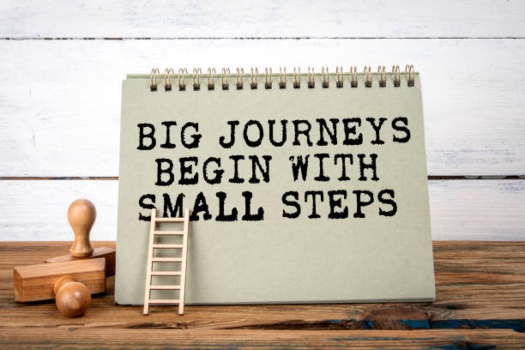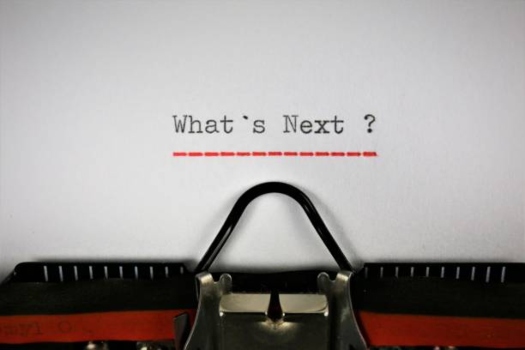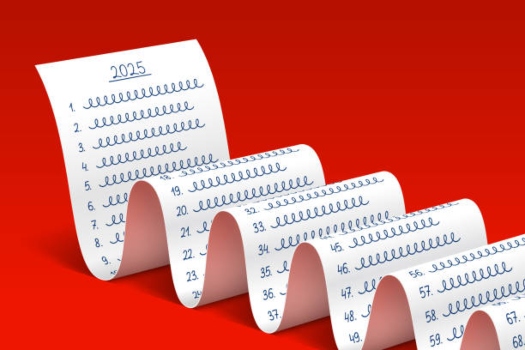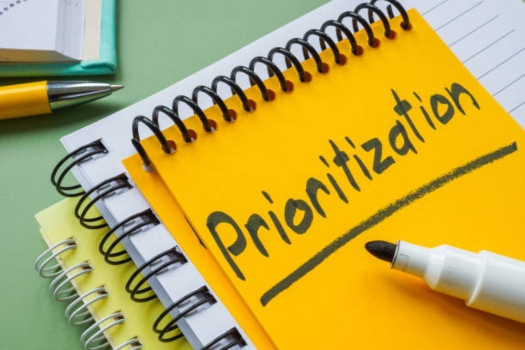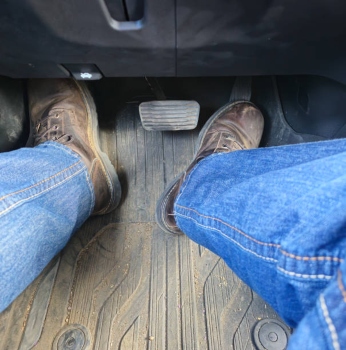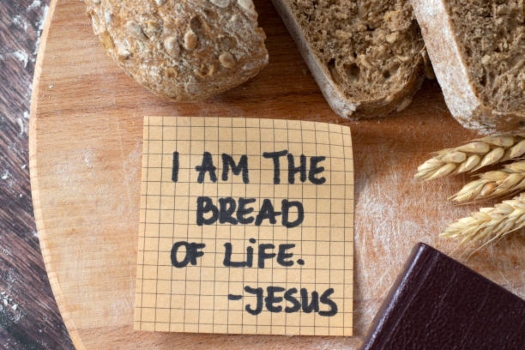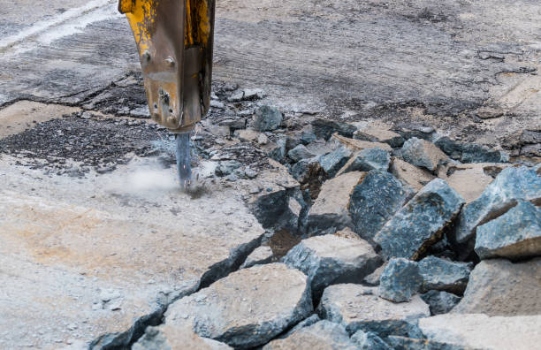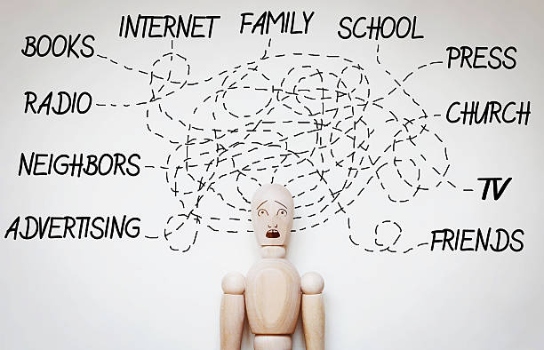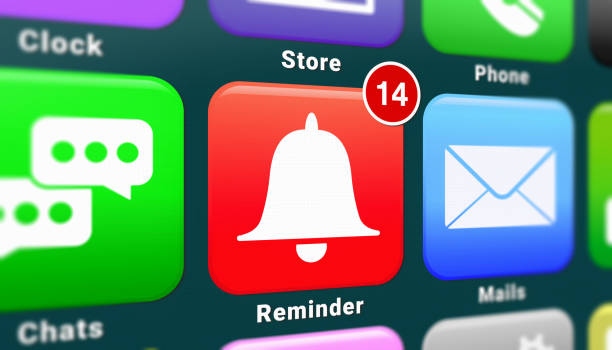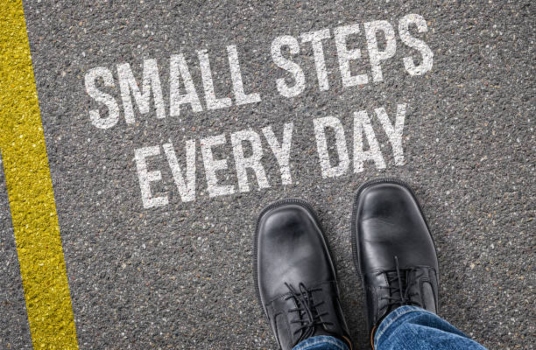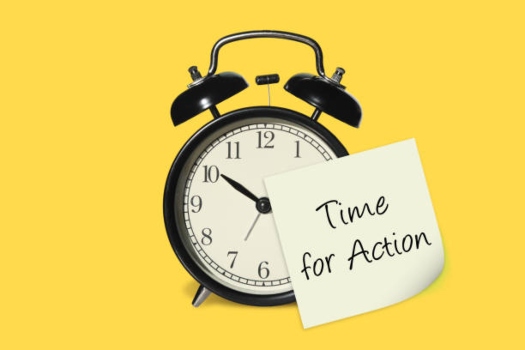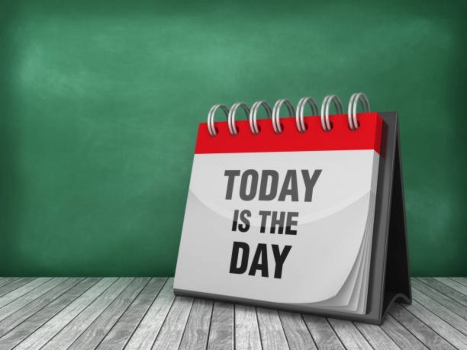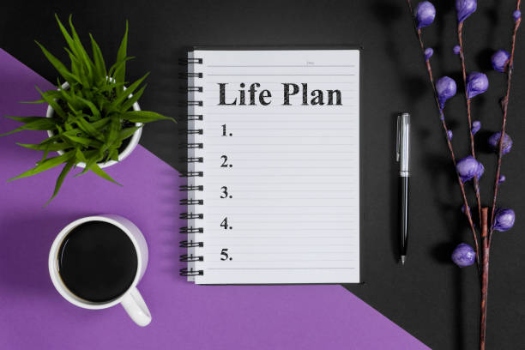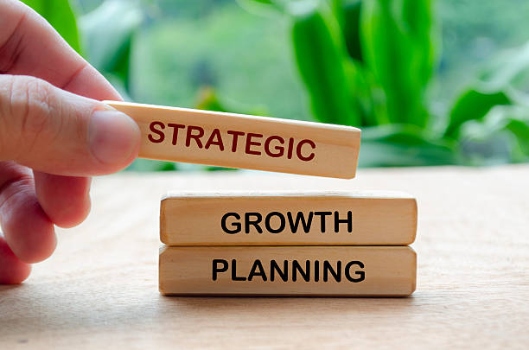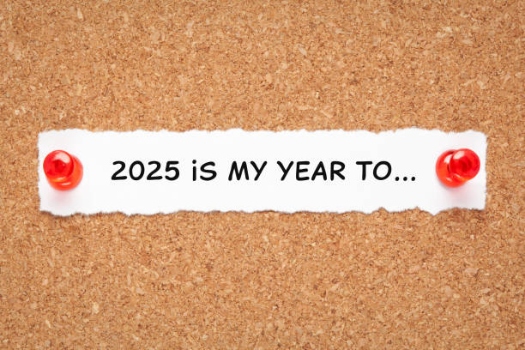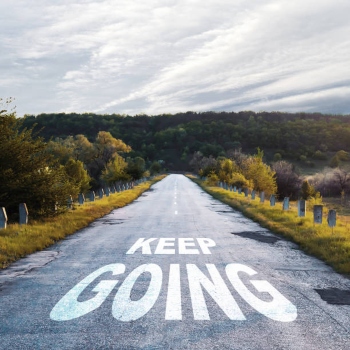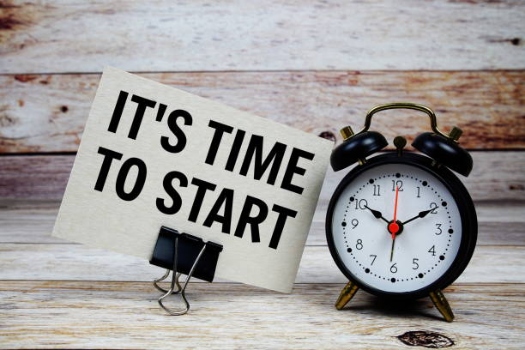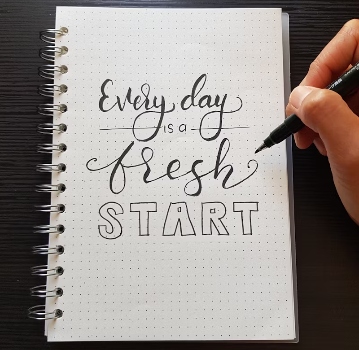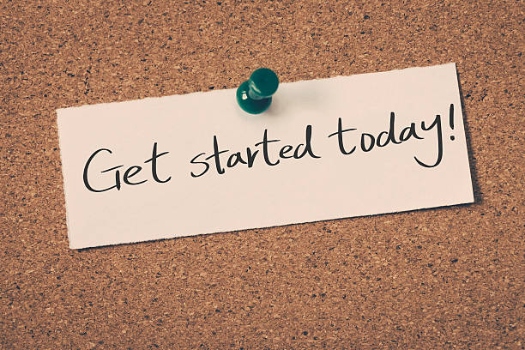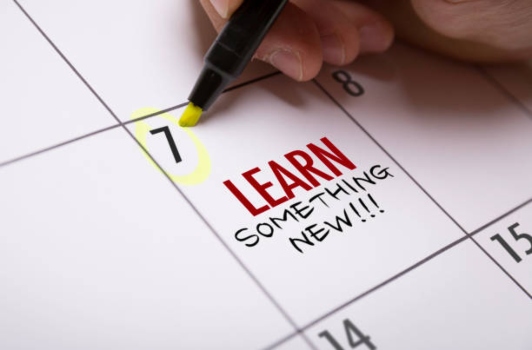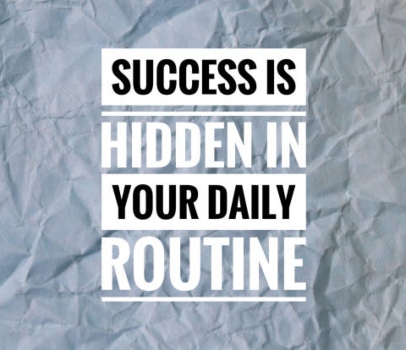How to Know What to Do First
It is easy to get consumed by all the things that need to be done. But we have more control over this than we think. It’s like BUILDing anything, it comes down to Being aware, Understanding, taking Intentional action and continued Learning.
The past few weeks we have discussed how to take control of the big, overwhelming things. Last week we focused on breaking big things down into smaller, more manageable pieces.

I used an example of a project that needs to be done by a deadline and the actions needed to make that happen. This gets more difficult when there are multiple projects with deadlines. Then, of course, there are things outside of business.
How are we supposed to get everything done?
It’s amazing how much can be accomplished when there’s a deadline.
Have you ever noticed how productive you can be when getting ready to leave on a trip? You can get things done faster than normal. Or, how productivity ramps up when coming down to the deadline of a project. Why is that?
High productivity results from a mix of factors: motivation, personality, natural talent, training or education, environment, support from others, and time management.
A finite amount of time helps us decide what’s most important.

There are so many things on the “to do” list and each one is competing for the top position. Deciding which one gets that spot is tough. There are so many important things that need to be done or things that we want to do. It’s easy to say that we have limited time, but hard to actually schedule things that way.
How do we decide what to say yes to?
Emergency situations often require triage. This is the process of prioritizing a patient’s treatments based on the severity of their condition and the resources available. In these situations, victims are divided into three categories.
- Those who are likely to live, regardless of what care they receive.
- Those who are unlikely to live, regardless of what care they receive.
- Those for whom immediate care might make a positive difference in outcome.
These choices aren’t easy and often require a quick, “gut decision”. A pre-determined system, training, and experience aid in the process and provide for the greatest number of survivors.
Another life and death choice is deciding who gets a transplant when there are a limited number of organ donations available. Take for example a set of twins who both need a liver transplant, and their father has only one liver to give. Which one gets it? The early thoughts of a father would be to give half to each. The problem with this, half wouldn’t help either. The final decision will be determined by which one needs it most or which one is most likely to survive.
Most of the choices that we make in business aren’t this critical … or are they?
The decisions we make every day can mean life or death for our business.

In medical life or death situations, there is a system and plan in place beforehand. This same type of system should be implemented in our business. We should predetermine how we are going to choose the most important things for the life of our business.
What makes one thing more important than another?
What should be the highest priority? Should it be this job or that, production or proposals, record keeping or customer service, marketing or staff? We’re faced with tough decisions in business every day.
This can come down to a decision like: is it better to install the board this way or that? Or use multiple pieces of new metal wrap or one piece of used? The time spent making these seemingly small decisions can become big when it causes the project to not be completed on time.
Being Aware of deadlines and the limited time available can help us Understand how important these decisions are to the life of our business. But this won’t matter if we don’t take Intentional Action and do something. Then we can continue Learning going forward on the way to having the business we Dreamed of.
Having a “business triage” system will give your business the highest chance for survival.
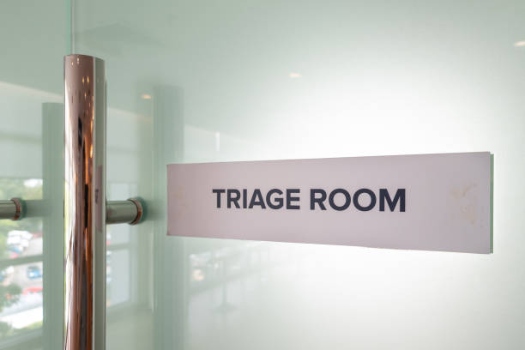
Our 5-step BUILD process helps us prioritize and manage all the hundreds of decisions we’re faced with every day in our business. If you would like to learn more about making good decisions, schedule a free 30-minute consultation.



